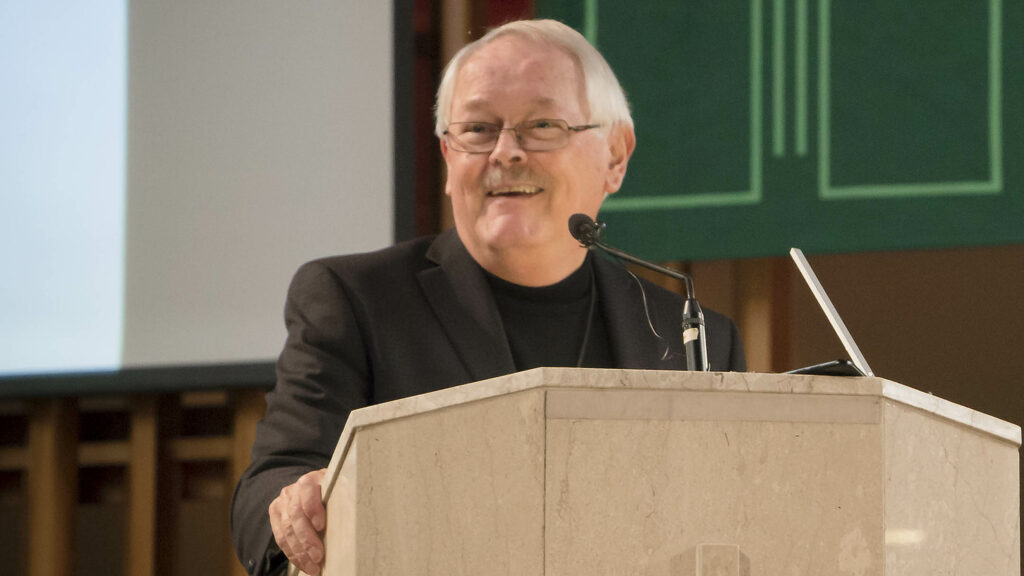When St. Augustine said that “concerning taste there can be no dispute”, he was only partially right. Admittedly, taste always has a subjective aspect; but there’s always an objective component as well: objectively, a cheap soda is not a fine wine, millions of musical compositions are not Mozart, and the picture that your kindergarten child drew for your birthday is not a Van Gogh.
With that being said as an apologia, I admit that my selection of these ten books has a strongly subjective factor. These are simply the books that spoke most deeply to me this past year. Perhaps they won’t do the same for you. Nonetheless, I assure you that none of them is a cheap soda or a crayon picture a child drew for your birthday.
Which ten books spoke to me most deeply this past year?
- Clare Carlisle, Philosopher of the Heart, The Restless Life of Soren Kierkegaard. If you’ve never read a good introduction to the life and work of Soren Kierkegaard, this is your book. It’s a unique combination of scholarship, clear writing, criticism of, and sympathy for Kierkegaard.
- Michael J. Buckley, What Do You Seek? The Questions of Jesus as Challenge and Promise. Among the books I read this year, this book challenged me the most personally. Buckley, who died in 2019, shines a light into your soul and shows where the both the challenge and promise of Jesus lie.
- Frederick Buechner, The Magnificent Defeat. First published in 1966, this book only found me this year. An ordained Presbyterian minister, Buechner is theologian, poet, philosopher, novelist, and essayist and always worth the read, particularly this book. Some rare insights.
- Mark Wallace, When God was a Bird – Christianity, Animism, and the Re-Enchantment of the World. As Christians we believe that God wrote two books: the Bible and the world of nature. As Christians, we have both books; animists and pagans have just the one book, the book of nature. Wallace submits that it’s time (both for a fuller understanding of our own faith and for a healthier relationship to the natural world) for us as Christians to take the book of nature more seriously and be less afraid of animism. His insights will stretch you but keep you solid doctrinally.
- Gerhard Lohfink, Prayer Takes Us Home, The Theology and Practice of Christian Prayer. Gerhard Lohfink is a German biblical scholar and always worth reading. This is his fourth book in English and, like his others, it as a rare combination of scholarship, personal faith, and good clear writing.
- Muriel Barbery, The Elegance of the Hedgehog. This is a novel written in 2006 that’s full of insight, wit, and surprise. Not for you if you’re looking for action. This is staring at a work of art, but asking yourself repeatedly, how could its creator be that clever?
- Marilynne Robinson, Jack. Time magazine lists her as one of the 100 most influential people in America and that’s true, certainly for my own life. Marilynne Robinson is a highly acclaimed novelist and a deeply insightful religious writer. This book, Jack, will demand a little patience on your part. Don’t give up on it because nothing moves in the first 50 pages. In the end, the book will move you.
- Helen Prejean, River of Fire, My Spiritual Journey. The author of Dead Man Walking shares her autobiography. This is the conversion story of an exceptional woman who, it would seem, didn’t need a conversion. Candid, honest, deep.
- Lyn Cowan, Portrait of the Blue Lady, The Character of Melancholy. Another book that was written sixteen years ago but only found me this year. It’s a book on melancholy written by a brilliant Jungian and mythologist. Here’s a taste: “Melancholy has even lost its name: melancholy is now ‘depression’, clinicalized, pathologized, and undifferentiated from the blue ‘melancholy’ formerly recognized by poets, philosophers, blues singers and doctors alike, now experienced as a ‘treatable illness’ rather than a difficult, often painful affliction of the soul that is not an illness and doesn’t want treatment.” For Cowan, melancholy is your inroad to befriending the deeper parts of your soul.
- Ira Byock, The Four Things that Matter Most. First published in 2004, this is a very popular book that deserves to be popular. Byock gives his whole thesis in the book’s opening sentence. The four most important things you will ever say are: Please forgive me. I forgive you. Thank you. I love you. These are words people tend to utter on their deathbeds. However, as Byock urges, it is best to start saying them long before our loved ones gather round our deathbed. The saddest words we say? “It might have been!”
Beyond these ten books, I also highly recommend Pope Francis’ new Encyclical, Fratelli Tutti.
These are the ten books that spoke deeply to me this year. I can’t guarantee they will do that for you. But I can guarantee that none of them is a cheap soda!

